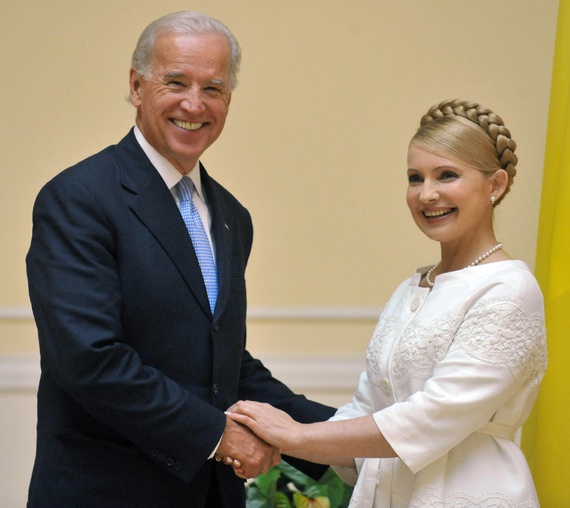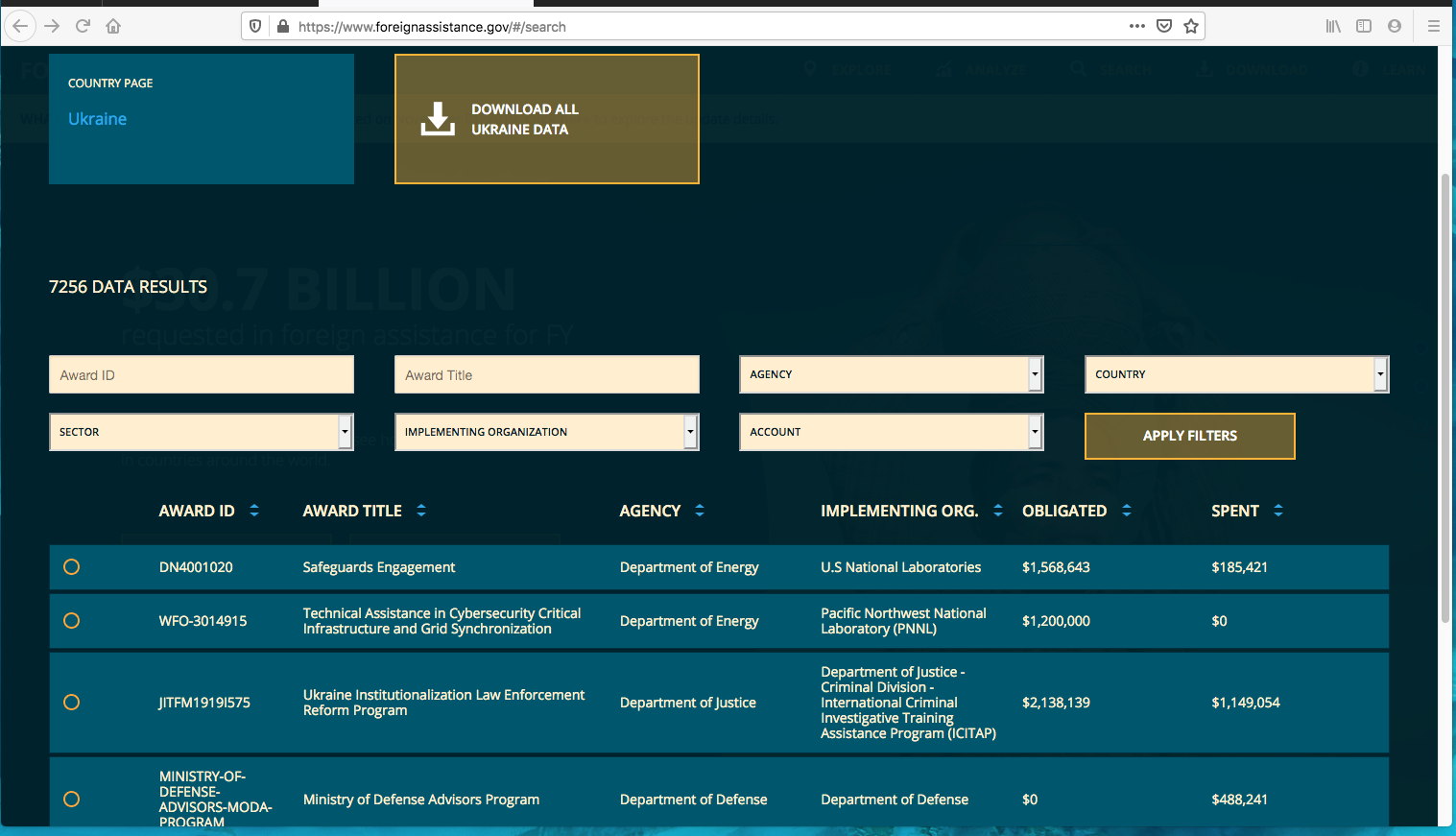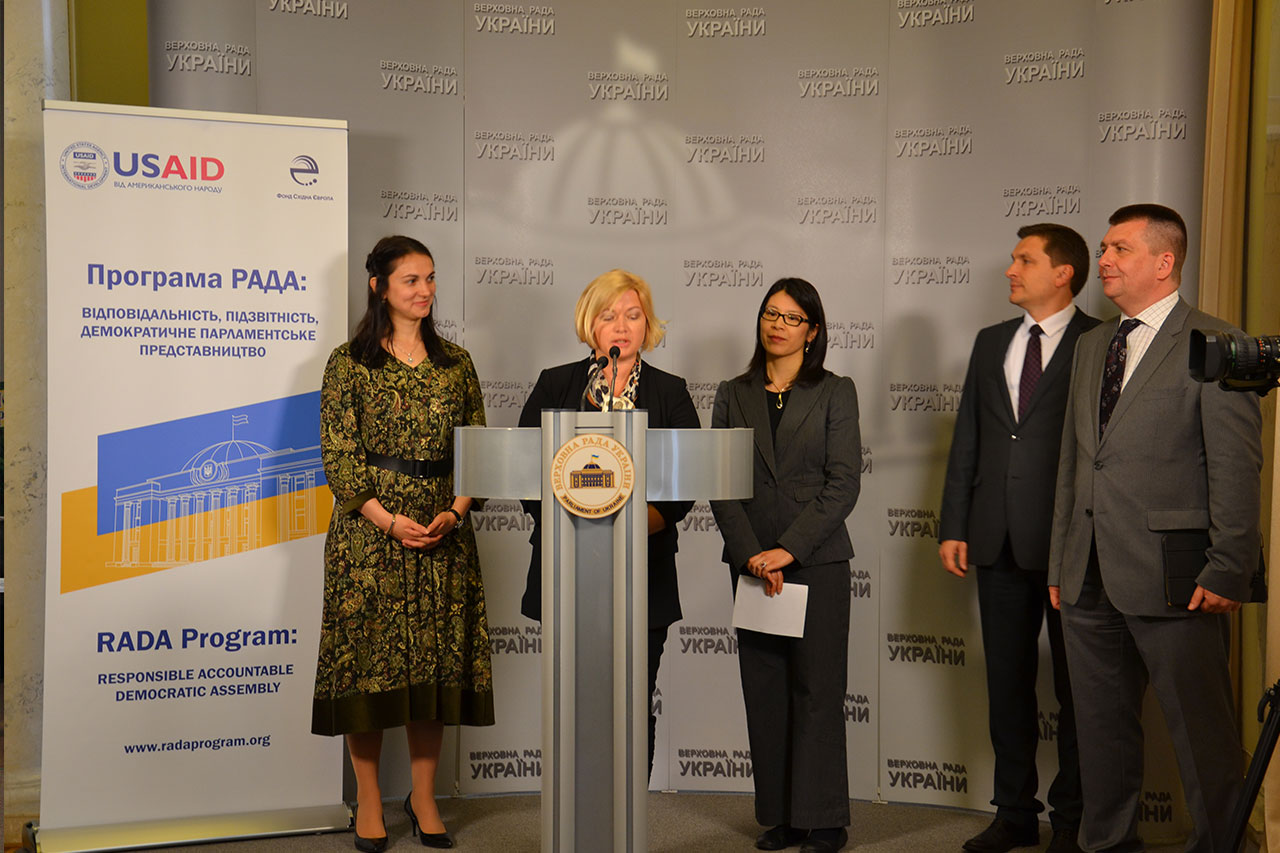The University of Farmington in Michigan is fake. The sting operation was called Paper-Chase. We have all kinds of channels on this one. Recruiters from India, visa fraud and lots of money and no classes to attend. The school had an estimated 600 students, where are the rest of them? All the enrolled students were foreign. The Federal government concocted the school.
Federal agents used a fake university in Farmington Hills to lure alleged phony foreign students who were trying to stay in the United States illegally.
The University of Farmington had no staff, no instructors, no curriculum and no classes but was utilized by undercover Homeland Security agents to identify people involved in immigration fraud, according to federal grand jury indictments unsealed Wednesday.
The University of Farmington’s headquarters was in this office building on Northwestern Highway north of Inkster Road in Farmington Hills. (Photo: Google Maps)
Eight student recruiters were charged with participating in a conspiracy to help at least 600 foreign citizens stay in the U.S. illegally, according to the indictments, which describe a novel investigation that dates to 2015 but intensified one month into President Donald Trump’s tenure as part of a broader crackdown on illegal immigration.
Most of the recruiters and students involved are originally from India, according to prosecutors.
“It’s creative and it’s not entrapment,” said Peter Henning, a Wayne State University law professor and former federal prosecutor. “The government can put out the bait but it’s up to the defendants to fall for it.”
Those charged include:
• Bharath Kakireddy, 29, of Lake Mary, Florida.
• Aswanth Nune, 26, of Atlanta.
• Suresh Reddy Kandala, 31, of Culpeper, Virginia.
• Phanideep Karnati, 35, of Louisville, Kentucky.
• Prem Kumar Rampeesa, 26, of Charlotte, North Carolina.
• Santosh Reddy Sama, 28, of Fremont, California.
• Avinash Thakkallapally, 28, of Harrisburg, Pennsylvania.
• Naveen Prathipati, 29, of Dallas.“These suspects aided hundreds of foreign nationals to remain in the United States illegally by helping to portray them as students, which they most certainly were not,” said Steve Francis, special agent in charge of U.S. Immigration and Customs Enforcement’s Homeland Security Investigations office in Detroit.
The eight defendants have all been arrested.
Starting in 2015, the university was part of an undercover operation dubbed “Paper Chase” and designed to identify recruiters and entities engaged in immigration fraud, according to the indictment. Homeland Security agents started posing as university officials in February 2017.
Immigration crimes alleged in the indictment continued until this month and involved Homeland Security agents posing as owners and employees of the university. The university had a professional website, a red-and-blue coat of arms, a Latin slogan meaning “knowledge and work” and a physical location at a commercial building on Northwestern Highway.
“… the university was being used by foreign citizens as a ‘pay to stay’ scheme which allowed these individuals to stay in the United States as a result of foreign citizens falsely asserting that they were enrolled as full-time students in an approved educational program and that they were making normal progress toward completion of the course of study,” the indictment reads.
The recruiters helped foreign citizens fraudulently obtain immigration documents from the university and helped create phony student records, including transcripts, according to the government.
“We are all aware that international students can be a valuable asset to our country, but as this case shows, the well-intended international student visa program can also be exploited and abused,” U.S. Attorney Matthew Schneider said in a statement Wednesday.
The recruiters didn’t know the university was fake, however, and operated by federal agents.
The recruiters helped hundreds of foreign citizens fraudulently maintain non-immigrant status as students and stay in the U.S. illegally, prosecutors allege.
In February 2017, Sama called the university and inquired about enrolling as a student “without attending classes in order to fraudulently maintain his immigration status,” according to the indictment. During the phone call with an undercover agent, Sama also requested a tuition reduction for bringing students to the university.
Within weeks, Kandala, Kakireddy and Thakkallapally contacted undercover agents with identical requests, according to the government.
In late 2017, the recruiters started getting paid for recruiting the phony students.
Sama and Kandala met with an undercover agent at the university in January 2018 to collect $20,000 for recruiting students, prosecutors allege.
Sama collected another $20,000 in June 2018, according to the indictment.
The fake university is a new chapter in a long history of federal agents creating phony entities to thwart crime.
In the late 1970s, the FBI ran an investigation code-named ABSCAM that utilized a phony company in Long Island to crack down on public corruption and organized crime. And the 2012 film “Argo” was inspired by the work of a Central Intelligence Agency operative and involved a phony science-fiction movie.
The Farmington case isn’t the first time federal agents have used a phony university.
In 2016, Homeland Security agents used the fake University of Northern New Jersey to charge 21 people with student and work visa fraud.
Federal agents deployed several tactics to make the University of Farmington appear to be a legitimate school.
The main photo of University of Farmington students on the school’s website is nearly identical to a commercially available picture on the stock photograph website Shutterstock.
The University of Farmington has its own Facebook page, too, with a calendar of events, including one scheduled for next week with non-existent university officials.
But after The Detroit News revealed the indictment Wednesday, the university’s Facebook page started featuring memes, including one of Admiral Ackbar from “Return of the Jedi” shouting “It’s a trap.”
As part of the alleged Farmington scheme, recruiters intended to help shield and hide the students from immigration authorities, according to the indictment.
Those charged included recruiters who collectively received $250,000 in cash and kickbacks to find students to attend the university, the government alleges.
The University of Farmington operated out of the basement of the North Valley office complex on Northwestern Highway, north of Inkster Road.
The office is across the hall from a café for people who worked in the complex.
Matt Friedman, co-founder of the Tanner Friedman strategic communications firm, works in an adjoining building and was puzzled by the university’s name and office.
There were no classrooms and the university’s name seemed peculiar, he said.
“I was like ‘what is this?'” Friedman said Wednesday. “I’d never heard of it before and never saw anybody there. The whole thing was just odd.”
He posted a joke on Facebook in April 2017 with a snapshot of the entrance to the university’s office suite.
“Just because I’m now in the same office complex, it doesn’t mean I can suddenly get you tickets to the rivalry games against West Bloomfield Tech or Southfield State,” Friedman wrote.






